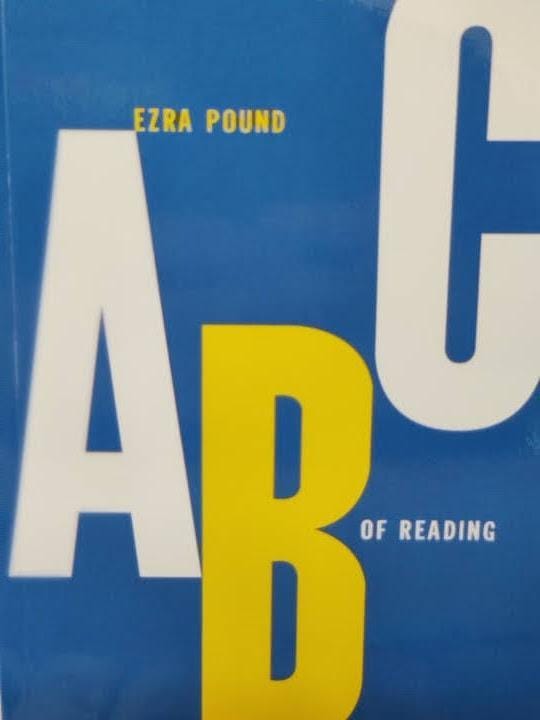The one single quality of all good writing, whether it be advertising or Tolstoy, is specificity. This is, sometimes, mistaken as accuracy, as the mere piling and recording of details. But accuracy is insufficient. You can write trash which is full of accuracy about the calibre of the killer’s gun and the colour of the vamp’s hair, but it will still be generic.
Specificity is different. Samuel Johnson defined specific as, “that which makes a thing of the species of which it is.” Being specific means distinguishing the essential qualities. You might accurately describe a beetle, for example, as a small black insect, without ever specifying the essential features that make it a beetle. When you specify a programme of work—something you will do or make for someone else—you must imagine, ahead of time, what it will be. You might describe it or draw it or hum it or act it out, but you will have to give more than a list of details: a good specification gives you the essence of the request.
So many stories people tell you about their lives are boring because they are accurate, but not specific. Massing up details about the when and the where, about the weather and what one person had said to another, is just a laundry list of other people’s trivia unless the incident has some particular quality which make it a specific story, one you haven’t quite heard before. Otherwise it’s just a variation on “child was infuriating” or “colleague was irritating” or “man slipped on banana”—relating accurately what sort of loafers the man wore doesn’t improve the story. It drags it out.
In a company I once worked in, there was an old story about a Christmas party where, during a game when a member of staff has to say what they would do if they swapped lives with the Chairman for one day (they get the boat and the holiday home).
In this case, the otherwise unprepossessing person revealed themselves to be much more waspish (and drunk) than realised when their opening remark was, with his hand pointing at the people he referred to: “I’d fire those two c—s for a start.” This was but the prelude, and at the end of his monologue, on his way out, he nodded at the chairman and said, “you’re welcome.” More accurate details would add little to the story. You have the essence. Good writing is more than a catalogue.
The proper combination of the specific and the accurate is what makes sitcoms like The Office successful. There is a lot of accuracy involved in things like the layout of the office and the background noises, but it is the specific situations that make it work, those instances which make the show “a thing of the species of which it is.”
You see this is advertising too: so many concepts involve too many details to bring the clever idea off at a high level of production values. But they spend much less time specifying what it is they are selling. There’s a web services advert right now with a futuristic older woman dressed in a purple outfit, and lots of dry ice and gadgets and accompanying hoopla. It is far too accurate, like a busy children’s game full of unnecessary detail. They don’t specify their product carefully enough and I never remember what they are advertising.
One way to practise this, is to follow the writing exercise prescribed by Ezra Pound in The ABC of Reading. The task is to describe something, like a tree, without naming the tree. Because you cannot say “oak” or “lime” or “ash” you are forced to carefully specify the tree, to notice those details that make the tree an example of the species of which it is. The best characters in literature work like this too. Think of Levin, in Anna Karenina, proposing by writing in chalk on the table. There is accuracy to the way Levin is portrayed, but it is moments like that proposal that truly specify him as a character. Exactness about Levin could go on and on and on—his measurements and details of his teeth—but this one specificity tells us who he is. That is an example, as the OED has it, of his special determining quality.
That could be a good writing motto. Find the special determining quality.



Henry, do you think you can achieve specificity through a reaction? Famously, the beauty of Helen causing the invasion of Troy?
I'm re-reading Anna Karenina slowly. And to me the start of the infatuation between Anna and Vronsky hits home less in the description of the spark in Anna's eyes and smile, and more in Anna's decision to withhold from Kitty the anecdote of Vronsky compensating the widow of the crushed railway man.
"But she did not tell Kitty about the two hundred roubles. For some reason it was disagreeable to her to think of it. She felt that there was something that had to do with her in it, and something that ought not to have been."